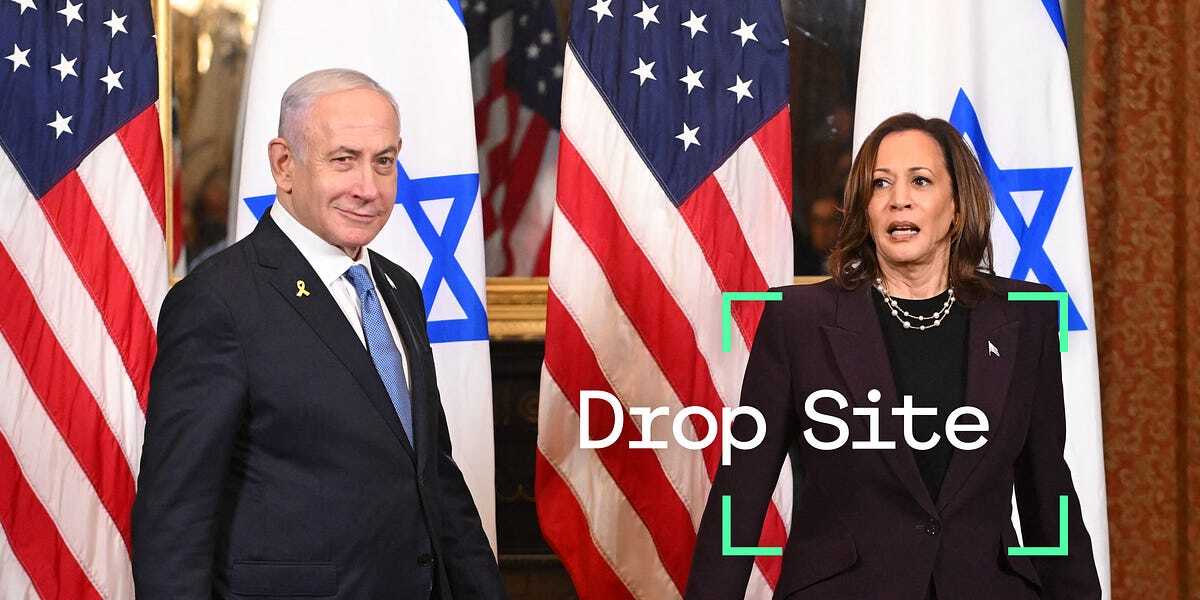At the time, Hamas negotiators indicated they were open to a three-phase deal that would not require an immediate commitment to a permanent ceasefire and complete withdrawal of Israeli forces from Gaza as a precondition to move forward with the process. Prior to this, Hamas had insisted any agreement must include clearly defined steps that ensure an end to Israel’s war.
Drop Site News has reviewed internal documents from the negotiations showing that on July 2 Hamas formally informed international mediators that it had accepted the framework, which Hamas says it was told had been amended by the U.S. and approved by Israel on June 24. This amendment removed language Hamas had previously insisted on that called for negotiations no later than 14 days into the first phase of a deal on the “necessary arrangements for the return of a sustainable calm (permanent ceasefire),” according to a draft seen by Drop Site News. Hamas believed this compromise was strong evidence of their desire to reach a deal.
“If you draw a timeline for the negotiations along the last 10 months, you will observe a consistent pattern of the Israelis: each time we are near to reach an agreement, either they commit new massacres or backtrack from the deal and add new conditions,” said Naim.
Since early July, Netanyahu has intensified Israel’s attacks in Gaza, repeatedly added new terms to the framework, and assassinated Ismail Haniyeh, Hamas’s political leader and its lead negotiator, in Tehran. Among the new demands put forward by Netanyahu is the right to continue occupying the Philadelphi corridor along the border with Egypt, to maintain control of the Rafah border crossing and to position Israeli troops in central Gaza along the Netzarim axis where IDF forces would establish checkpoints to search Palestinians seeking to return to their homes in northern Gaza.
Rather than insisting on upholding what Biden said was Israel’s own proposal in May, the U.S. has appeased Netanyahu’s efforts to allow an indefinite presence of Israeli forces in Gaza and an open-ended campaign of military attacks. Since Haniyeh’s assassination and the selection of Sinwar, the Gaza leader of Hamas, to replace him, Hamas has said it will not participate in what it has described as a rigged process masquerading as negotiations. “The new conditions [Netanyahu] is adding is a coup against his own proposal,” Naim said.
Hamas maintains it has not directly participated in any negotiations or “working groups,” only receiving updates from Egyptian and Qatari mediators and then offering their responses. “We weren’t part of the negotiations,” Naim said. “The last round of negotiations, it was only between the mediators, the Americans and [Israel].”
On Thursday, the Israeli security cabinet voted to support Netanyahu’s insistence that its forces remain entrenched along the Philadelphi corridor between Gaza and Egypt. According to media reports on the meeting, Netanyahu’s own defense minister Yoav Gallant objected. “The significance of this is that Hamas won’t agree to it, so there won’t be an agreement and there won’t be any hostages released,” Gallant reportedly said. “You’re running the negotiations on your own,” he added, “we hear everything after the fact.” Netanyahu’s proposal was approved with only Gallant voting against it.
Naim said that the optimism expressed recently by U.S. officials for a deal that ends the war is an attempt to obfuscate an increasingly dire reality, the stakes of which have been devastatingly punctuated by Israel’s violent invasion of parts of the West Bank, which began Wednesday.

